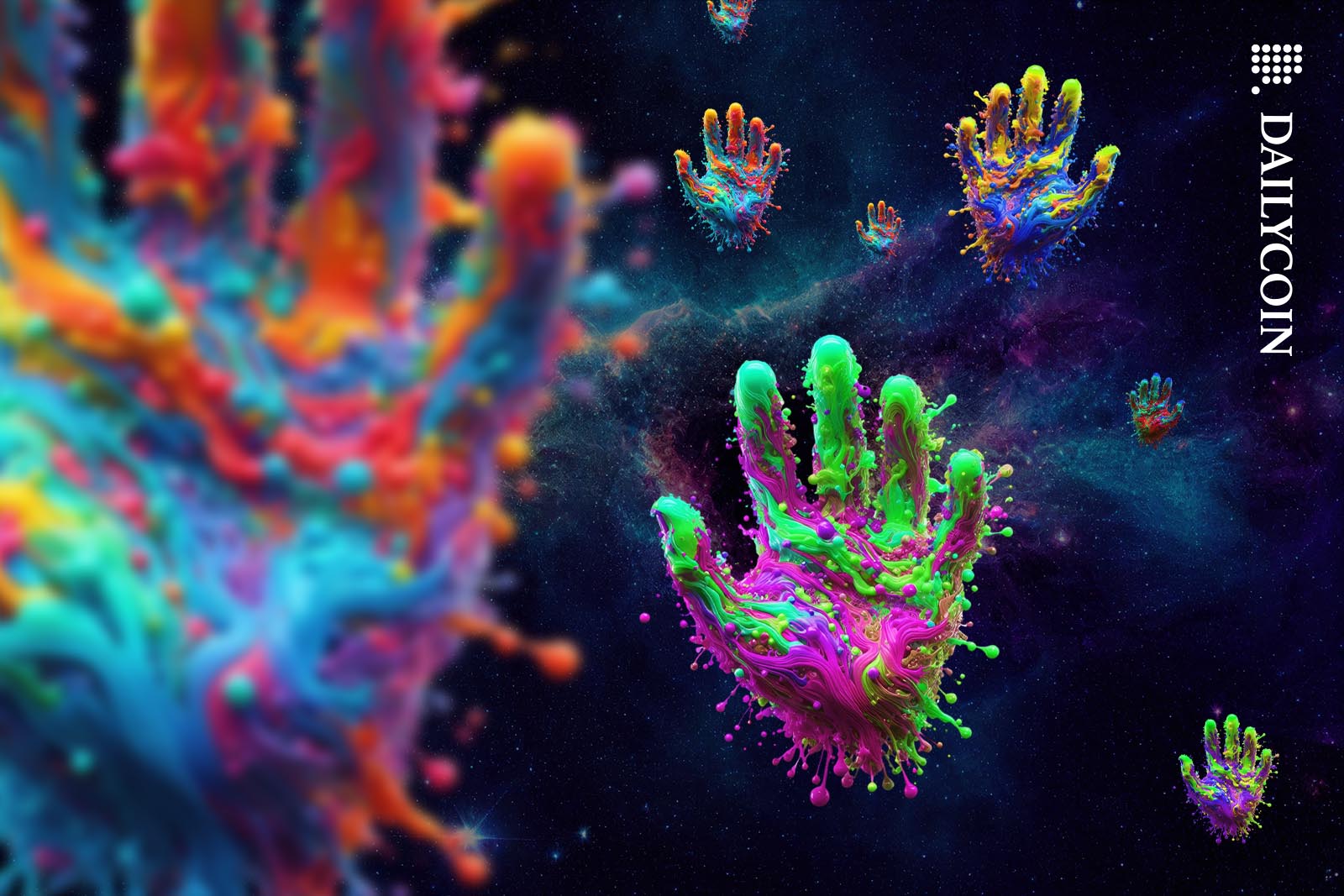
- TON Society launches a $5M incentives program for digital identity verification.
- The new method aims to secure user identities on the TON blockchain.
- The initiative seeks to onboard 500 million Telegram users.
In the realm of digital identity on the blockchain, Worldcoin has so far been the only major player. Now, TON Society, a blockchain offshoot of the Telegram app, is launching its own blockchain identity verification system.
In partnership with HumanCode, a company specializing in digital identity, TON Society launched a $5 million incentives program to launch its own digital verification. Using palm recognition technology and focusing on privacy, TON aims to onboard 500 million Telegram users in five years.
TON’s New Palm-Scanning Tech for Telegram
On April 8, 2024, at the Hong Kong Web3 Festival, in collaboration with HumanCode, TON Society unveiled a $5 million incentive program to revolutionize digital identity verification. The program will launch an advanced palm recognition technology to authenticate users.
Sponsored
According to TON Society, the new palm-scanning technology will provide a more secure, private, and user-friendly method of verifying their digital identities on the blockchain. Moreover, this verification method requires no special hardware and is fully compatible across various devices and browsers.
To incentivize the adoption of this new technology, TON Society has allocated one million Toncoin, equivalent to approximately US$5 million, for users who complete the palm scan and prove their personhood.
Why Digital Identity is Key for Blockchain Networks
While blockchain is celebrated for its security and anonymity, its features also present challenges, particularly in identifying and verifying the parties involved in transactions. Moreover, due to its users’ pseudonymous nature, blockchain networks also struggle with limiting bot traffic.
Sponsored
Digital identities solve this issue, allowing for trust in transactions. Parties can verify each other’s identities without knowing all the personal details.
Worldcoin aimed to tackle the issue of digital identity verification by using biometric data, specifically iris scans. Their approach was grounded in the belief that biometric data could offer a more reliable and fraud-resistant form of identification than traditional methods.
By creating a “proof of personhood,” Worldcoin intended to ensure that each digital identity was tied to a real, unique human being. TON takes a similar approach, using palm scans as biometric data to verify users.
Both organizations swear by their adherence to the privacy and security of users. However, using biometric data raises significant concerns for many, and Worlcoin has already suffered a major security breach that may have put user data at risk.
On the Flipside
- Several countries have already banned Worldcoin, citing privacy concerns. These include Kenya and Spain.
- Ethereum co-founder Vitalik Buterin wrote about blockchain identity verification in response to Worldcoin’s launch. He later praised the company for taking the privacy and security of its users seriously.
Why This Matters
The exploration of digital identity solutions underscores the pressing need for secure and private verification methods for blockchain. It also showcases the challenges of building a system that works for users.
Read more about Vitalik Buterin’s take on blockchain identity verification:
Vitalik Buterin on Worldcoin: What Are the Risks and Alternatives?
Read more about the latest issue plaguing the Solana network:
Why Are Solana Transactions Failing? Devs Scramble to Fix it
